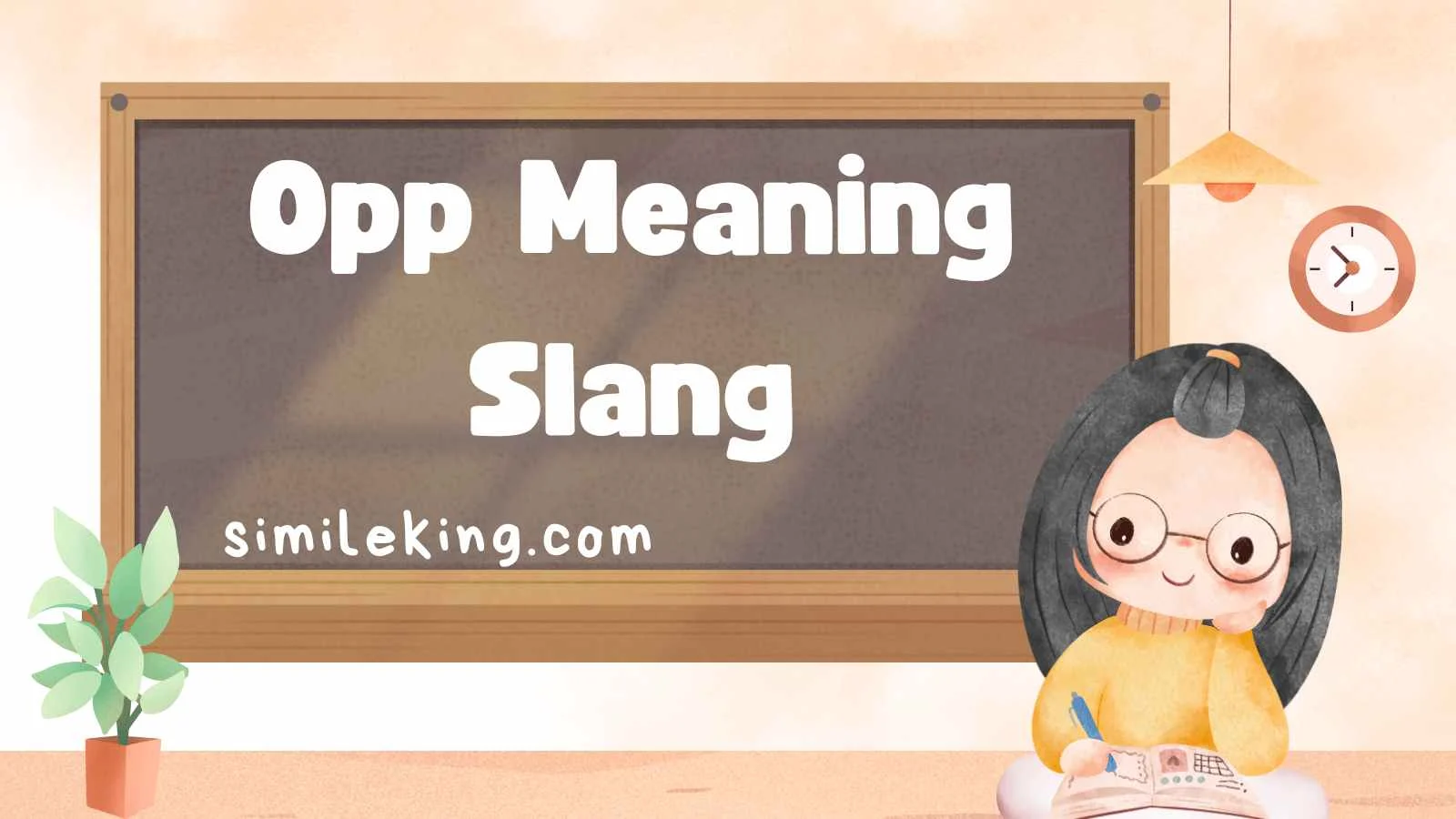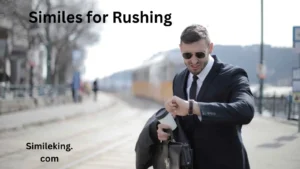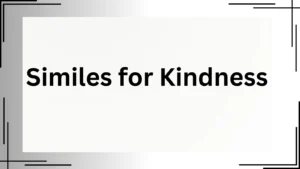Language isn’t static—it evolves with culture, music, and technology. Few slang terms illustrate this better than “opp.” What started as a street phrase in U.S. rap culture has become an international shorthand in TikTok videos, text messages, Twitter threads, and even gaming chats.
But while millions of people recognize the word “opp,” not everyone truly understands its layered meaning. In fact, even as of 2025, people still confuse it with “opportunity” or assume it’s only negative. This article will clear up the confusion.
We’ll go deep into:
- What opp means in slang today
- Where it comes from and how its meaning has shifted
- How to use opp correctly (and when not to use it)
- Alternatives for professional and polite settings
- Real examples of opp in texts and conversations
By the end, you’ll be able to recognize, interpret, and even use opp like a native speaker of street slang—without making mistakes.
What Does “Opp” Mean in Slang?
In slang, “opp” is short for opposition or opponent.
It generally refers to:
- An enemy or rival (especially in street culture)
- Someone who is against you in a situation
- A competitor in music, sports, or social standing
In 2025, the meaning of opp has expanded. While it still carries the original street-based meaning of “enemy,” it’s now commonly used in:
- Hip-hop lyrics → symbolizing rivals or haters
- Texting and social media → playful rivalries (not always violent)
- Gaming → opponents in matches (e.g., “We smoked those opps in Fortnite”)
Example:
- “Don’t trust him, he’s an opp.” → meaning he’s not on your side.
- “We beat the opps last night, easy win.” → meaning rivals, in gaming.
The Origins of “Opp”
The word “opp” comes from African American Vernacular English (AAVE) and was popularized in Chicago drill rap during the early 2010s.
Key milestones:
- 2011–2013 → Chief Keef, Lil Durk, and G Herbo used opp in drill music to describe rival gangs.
- Mid-2010s → Spread widely in rap and hip-hop across the U.S.
- 2020s → TikTok, Instagram Reels, and gaming culture expanded opp into a global slang term.
- 2025 → Now used beyond its original context, sometimes jokingly or casually.
This evolution shows how slang migrates from local streets to worldwide mainstream culture.
Opp in Text and Online Conversations
When used in texting or online, “opp” doesn’t always mean a dangerous enemy. More often, it’s a casual shorthand for any rival, hater, or opposing person/group.
Here are modern 2025 texting examples:
- Gaming Chat:
- “Let’s wipe out these opps, squad ready?”
- Friend Drama:
- “She acting like an opp ever since I got the promotion.”
- Sports Banter:
- “Our school beat the opps in basketball again, too easy.”
- Playful Rivalry:
- “You stole my fries, you’re an opp now.”
- Romantic Context:
- “Her ex keeps texting her, he’s an opp fr.”
- Twitter Humor:
- “Why do group projects always have that one opp who never helps?”
- Rap Lyrics Online:
- “No love for the opps, just focus on my bag 💰.”
- Casual Texting:
- “Stop acting like an opp, just chill.”
- TikTok Caption:
- “When your sibling finishes the last slice of pizza: opp confirmed 🍕.”
- Workplace Joke:
- “Monday mornings are the real opp.”
👉 Notice how the tone changes with context—sometimes deadly serious, sometimes lighthearted and funny.
The Nuances of Tone: When to Use or Avoid
Because “opp” comes from street and gang culture, tone matters a lot. Here’s how:
- Casual / Playful Use → Okay among friends, gaming, or memes.
- Serious / Street Use → In rap or urban culture, it can still mean dangerous enemies.
- Professional Settings → Avoid it. It may sound unprofessional or misunderstood.
Pro Tip: Use opp with people who understand the slang. In cross-cultural or workplace contexts, choose a neutral alternative like “competitor” or “opponent.”
Polite, Professional, and Casual Alternatives to “Opp”
If you want to express the same idea without using slang, here are alternatives based on tone:
🔹 Formal / Professional Alternatives
- Rival
- Competitor
- Adversary
- Opponent
- Opposition
Example:
- “Our competitor launched a similar app.” (instead of “Our opp dropped something new.”)
🔹 Neutral / Everyday Alternatives
- Challenger
- Contender
- Nemesis
- Rival team
- Counterpart
Example:
- “We’re facing a strong challenger in the debate.”
🔹 Casual / Playful Alternatives
- Hater
- Frenemy
- Rival
- Enemy (joking tone)
- The other side
Example:
- “You always take the last cookie, you’re my opp.”
This flexibility allows you to adjust your word choice depending on your audience.
Why “Opp” Remains Popular in 2025
- Hip-Hop Influence – Music still drives slang, and drill/trap songs use opp constantly.
- Meme Culture – TikTok and Twitter remix it into jokes.
- Gaming Culture – Players love quick shorthand for enemies.
- Identity & Community – Using slang like opp shows cultural awareness and belonging.
Expert Linguistic Insight: What Makes “Opp” Work as Slang?
From a linguistics perspective, “opp” thrives because of:
- Short, punchy sound (easy to rhyme in rap, quick to type in texts).
- Semantic flexibility (can mean serious enemy or playful rival).
- Cultural weight (originates from authentic communities, giving it credibility).
- Global adoption (spread beyond the U.S., now part of Gen Z & Gen Alpha vocabulary).
This makes “opp” a linguistic chameleon, adapting to contexts while keeping its core meaning.
Opp vs. Similar Slang in 2025
| Slang Word | Meaning | Difference from “Opp” |
|---|---|---|
| Opp | Enemy, rival, opposition | Broader, can be serious or casual |
| Ops | Plural of “opp” | Often used in rap (“no love for the ops”) |
| Oppa (Korean) | Older brother / romantic nickname | Totally different, don’t confuse |
| Hater | Someone who dislikes you | Weaker than “opp,” less direct |
| Op (UK) | Informant or snitch | Regional variation, context matters |
10 Examples of “Opp” in Sentences (Best in 2025 Style)
- “He switched sides, now he’s an opp.”
- “We cooked the opps in that 2v2 match.”
- “Her fake smile tells me she’s an opp in disguise.”
- “Why is my alarm clock always the opp?”
- “New semester, same opps in my class.”
- “Don’t share secrets, one of them is an opp.”
- “We left the opps behind—victory secured.”
- “Even the weather feels like an opp today.”
- “Money first, opps don’t matter.”
- “When your dog prefers someone else, that’s an opp move.”
Final Thoughts: Mastering “Opp” in 2025
“Opp” isn’t just another slang word—it’s a cultural marker. It shows how words born in specific communities can become global shorthand for rivalry, opposition, or enmity.
To use it effectively:
- Keep in mind the tone (serious vs. playful).
- Adapt to the audience (friends vs. professional setting).
- Explore alternatives when clarity or formality matters.
By understanding opp deeply, you gain more than vocabulary—you gain insight into how language evolves in real time.





